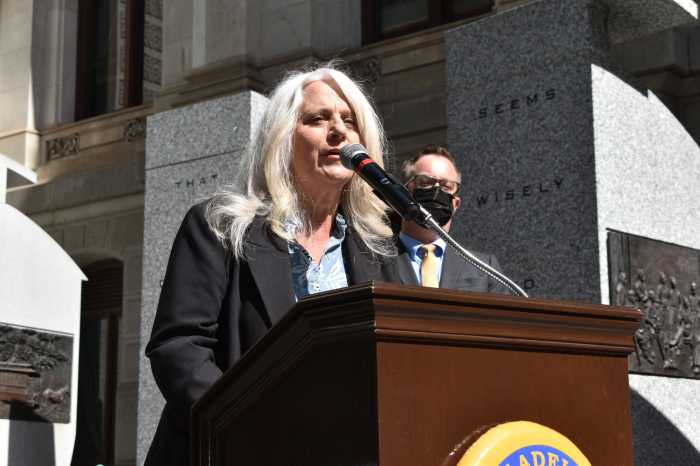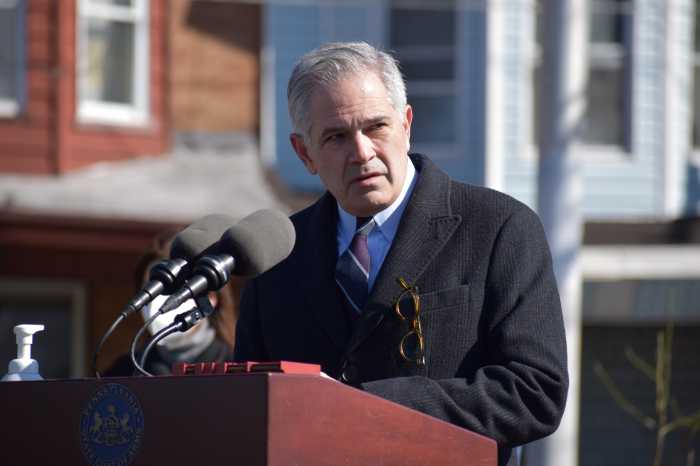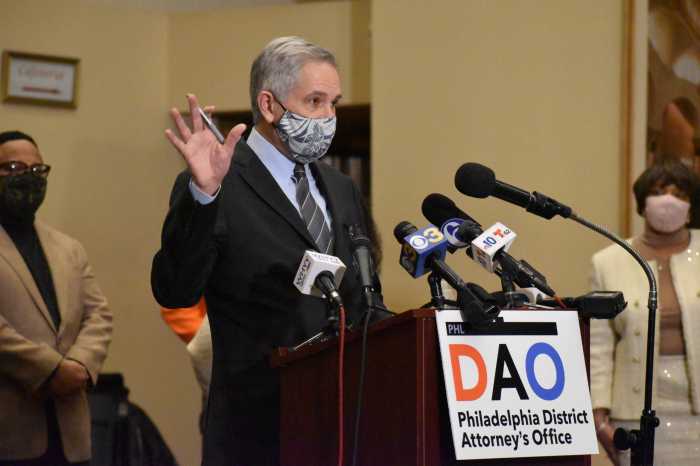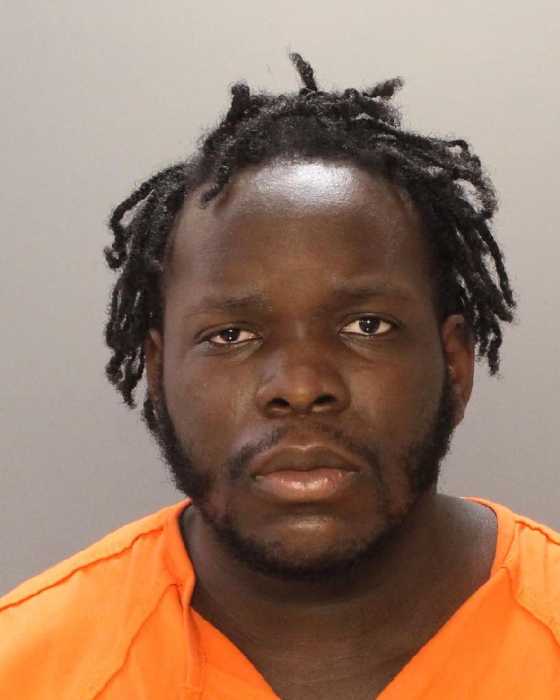District Attorney Larry Krasner on Monday publicly asked Philadelphia’s judicial leadership to remove bail commissioners from shooting cases, saying it is too easy for alleged gunmen to get back on the street.
Bail commissioners, also known as arraignment court magistrates, are not taking non-fatal shootings seriously enough, Krasner argued.
He said the average bail for a person suspected of committing a violent crime with a gun is $175,000. Usually, they are required to pay 10% of the total and can end up paying a fraction of that sum if they use a bail bond service.
The bail commissioners, Krasner noted, are not elected and do not necessarily need to be attorneys.
“We need a level of accountability,” he told reporters. “We need a level of accountability to voters and to the public.”
Representatives from the Philadelphia court system did not comment on Krasner’s proposal that municipal court judges handle all cases involving gun violence from the beginning.
Arraignment court magistrates only handle a single hearing, typically organized hours after a suspect is apprehended, to set an initial bail number.
Prosecutors and defense attorneys can appeal their rulings and file motions to have judges consider their bail determinations.
A panel that includes several local judges selects bail commissioners, who must either be lawyers, former judges, law clerks or complete specialized training and pass an exam.
Krasner, during a news conference Monday, pointed to the case of 21-year-old Tarik Bey, framing the sequence of events as an “appalling and atrocious” example of the need for changes to bail procedures.
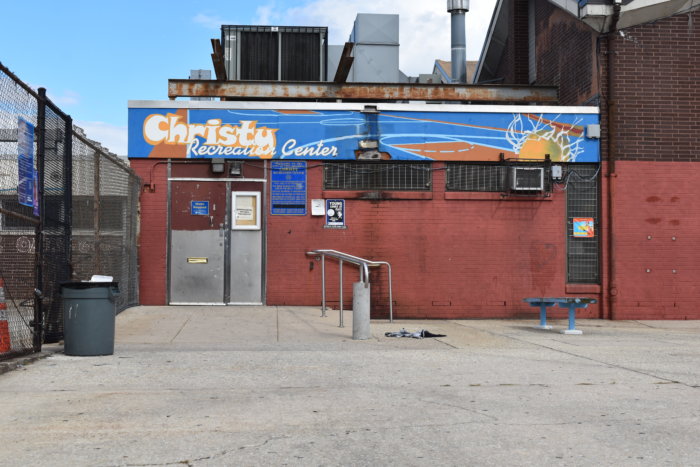
In April 2020, Bey, then 18, allegedly shot two young men near Christy Recreation Center at 55th and Christian streets in West Philadelphia. He also sustained a gunshot wound to the head.
Investigators believe Bey opened fire in retaliation for a shooting earlier in the day, part of an ongoing war between a pair of neighborhood groups called “Christy Rec” and “60K.”
Following a lengthy probe, authorities issued an arrest warrant for Bey in March 2021, according to Assistant District Attorney William Fritze, who leads a gun task force with federal prosecutors.
Deputies from the U.S. Marshals Service apprehended him Oct. 6 in Pottstown, prosecutors said, and bail commissioner Debra Rainey, a lawyer and former public defender, set his bail at $175,000.
Prosecutors, believing the sum was too low, appealed to a Municipal Court judge, who was reached over the phone and instead reduced Bey’s bail even lower, to a total of $50,000.
The DA’s Office filed a motion with the Court of Common Pleas but not before Bey posted bail and was released Oct. 8.
“This story is atrocious,” Krasner said. “I mean, there’s no other way to put it.”
Bey, Fritze said, traveled to Washington, D.C., and Atlanta after being freed from the city’s Northeast Philadelphia prison complex. However, he returned in time to appear Friday at his bail motion hearing.
A Court of Common Pleas judge revoked Bey’s bail, and he was immediately taken into custody. He’s currently being held on two counts of attempted murder and aggravated assault, as well as a host of weapons violations, according to court records.
Bey’s attorney did not immediately return a request for comment Monday.
He was previously arrested in May 2020 for allegedly pulling a gun on a store clerk who asked him to pull up his mask. That case is pending.
Bey and most other shooting suspects should be denied bail and held behind bars until their court date, Krasner said. He has repeatedly advocated for a cashless pre-trial system, a reform that would likely have to come from Harrisburg.
“Cash bail is a complete failure,” he said. “The notion that you can guess on a number and you can figure out whether that number is going to hold somebody, especially when it’s a low number that gets lowered to a lower number, is absurd. This does not work.”
In homicide cases, suspects are automatically denied bail.




